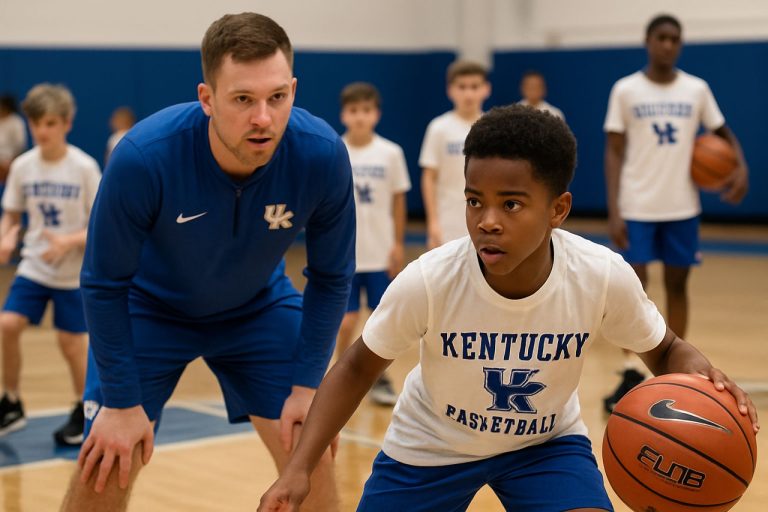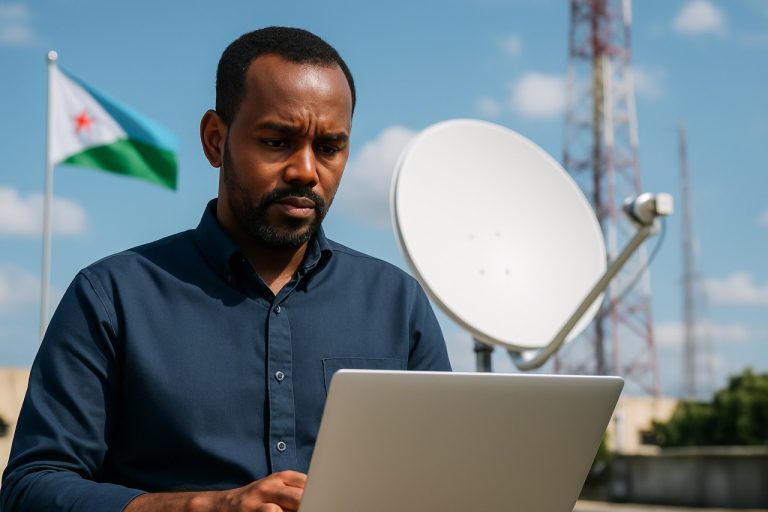
- Lucas Pérez has joined PSV Eindhoven, prioritizing emotional healing over financial benefits.
- Pérez’s departure from Deportivo de La Coruña connects to deep personal challenges, including legal strife with biological parents who resurfaced unexpectedly, seeking financial support.
- His fear of flying, a significant issue known as aerophobia, led Pérez to drive 1,700 kilometers instead of flying for contract negotiations.
- Psychologist Alfonso de Bertodano highlights that tackling phobias requires a personal commitment and often involves cognitive behavioral therapy.
- Pérez’s story illustrates how unresolved past traumas can influence present decisions, showcasing resilience and personal growth in the face of fear.
- The overarching theme of Pérez’s journey is the necessity of confronting fears and embarking on a path of personal evolution for true healing.
Lucas Pérez, celebrated for his fierce dedication to Deportivo de La Coruña, recently inked a deal with PSV Eindhoven. This move wasn’t dictated by financial gain but spurred by emotional turmoil rooted in his past. Pérez even sacrificed a portion of his salary to aid Dépor during its darkest days, illustrating his loyalty. Yet, personal demons outshone professional devotion, leading him to depart from his beloved team.
Pérez’s life, painted by public adoration on La Coruña’s streets, contrasts with private struggles. His biological parents, who abandoned him as a toddler, suddenly resurfaced, amplifying his emotional woes through heart-wrenching legal battles over financial support. This reawakened pain drove him away from his hometown, prompting a geographical and emotional distance.
Layered atop these struggles is Pérez’s pronounced fear of flying, or aerophobia, a condition affecting a notable fraction of the population. Despite the soccer world’s jet-setting norms, Pérez traversed 1,700 kilometers by car to sign his new contract, refusing to board an aircraft. This intense fear, which once made him drive across countries, mirrors the emotional flights he’s been forced to navigate throughout his life.
Alfonso de Bertodano, a psychologist and airline pilot, sheds light on such phobias. Often linked to prior traumatic experiences or learned fears, aerophobia incites irrational anxiety. De Bertodano’s workshops leverage cognitive behavioral therapy to dismantle these fears, teaching individuals to decode their anxiety and react logically to perceived threats. A comprehensive approach concludes with an actual flight, embodying the therapeutic transformation from trepidation to triumph.
However, De Bertodano stresses the necessity of personal commitment to overcoming such fears. As illustrated by the story of a businessman whose employee feared flying—a fear costing his company extensive travel hours—real change demands an earnest will to confront and recalibrate. The journey to cope with deep-seated phobias, like Pérez’s aversion to flying or facing familial ghosts, requires a fervent personal commitment to healing.
Lucas Pérez’s tale is not just about a soccer player changing teams; it’s a testament to the profound impact of past traumas on present choices. As he moves forward, the underlying message remains clear: personal evolution is propelled by determination and the courage to confront one’s fears. In embracing this journey, Pérez exemplifies resilience, proving that true strength lies in facing the inner turbulence with fortitude.
Lucas Pérez’s Journey: Triumph Beyond the Field, Battling Personal Demons
Unraveling Lucas Pérez’s Personal and Professional Journey
Lucas Pérez’s recent transfer from Deportivo de La Coruña to PSV Eindhoven marks much more than a professional shift; it uncovers a saga of battling personal demons, showcasing the symbiotic relationship between an athlete’s personal life and professional career. Below, we explore additional aspects of Pérez’s journey, providing hope, practical advice, and insights for overcoming life’s challenges.
Lucas Pérez: The Man Behind the Player
1. Loyalty to Deportivo de La Coruña:
– Known for his fierce loyalty, Pérez sacrificed his salary during Deportivo’s trying times, a gesture that marked him as a true supporter of the club beyond his professional obligations.
2. Confronting Past Traumas:
– Re-emergence of his biological parents led to painful legal battles, significantly impacting his mental well-being and influencing his decision to distance himself geographically and emotionally.
3. Fear of Flying (Aerophobia):
– Pérez’s phobia is not uncommon, affecting approximately 25 million adults in the U.S., according to the Anxiety and Depression Association of America. This fear led him to drive over 1,700 km for his career move, underscoring the profound impact this phobia has had on his life.
Real-World Use Cases and Insights
– Cognitive Behavioral Therapy (CBT):
– CBT is a proven method to manage phobias by transforming irrational fears into logical thought processes. Workshops by experts like Alfonso de Bertodano highlight its effectiveness in conquering aerophobia, suggesting structured workshops augmented by real flight experiences to overcome these fears.
– Parental Separation and Emotional Impact:
– The reappearance of estranged family members can reopen old wounds, affecting mental health significantly. Establishing boundaries, seeking counseling, and engaging in mindfulness practices can ameliorate emotional distress.
Market Forecasts & Industry Trends
– Growing Focus on Athlete Mental Health:
– As high-profile athletes publicly share their mental health struggles, sport organizations worldwide are more frequently integrating mental health support, including psychology teams specialized in managing anxiety disorders, into their support systems.
– Mental Health in Professional Sports:
– The global sports industry is forecasted to invest more significantly in player well-being programs, reflecting an understanding that mental resilience directly impacts physical performance (Deloitte Sports Industry Outlook 2023).
Controversies & Limitations
– Public Pressure vs. Personal Needs:
– Athletes face immense pressure to perform despite personal struggles. Balancing public persona with genuine psychological needs remains a controversial topic, often leaving athletes exposed to scrutiny.
Security & Sustainability
– Sustainable Mental Health Practices:
– Integrating long-term mental health resources into every aspect of an athlete’s life encourages healthier, more sustainable practices, ensuring their personal and professional longevity.
Actionable Recommendations
1. For Athletes:
– Prioritize mental health by seeking regular counseling and engaging in mindfulness activities.
– Address phobias through gradual exposure techniques combined with CBT for phobia management.
2. For Teams and Sports Organizations:
– Invest in comprehensive mental health programs, recognizing the dual demands of physical performance and mental well-being.
3. For Fans:
– Offer understanding and support, acknowledging the human aspects of an athlete’s journey beyond their professional pursuits.
This profound tale of Lucas Pérez’s life resonates far beyond the confines of sports, offering inspiration and practical advice for those facing their own personal battles. Embrace courage, seek support, and remember that every step towards addressing inner fears is a triumph worth celebrating.
For more insights into handling phobias and mental health strategies, visit American Psychological Association and Anxiety and Depression Association of America.






